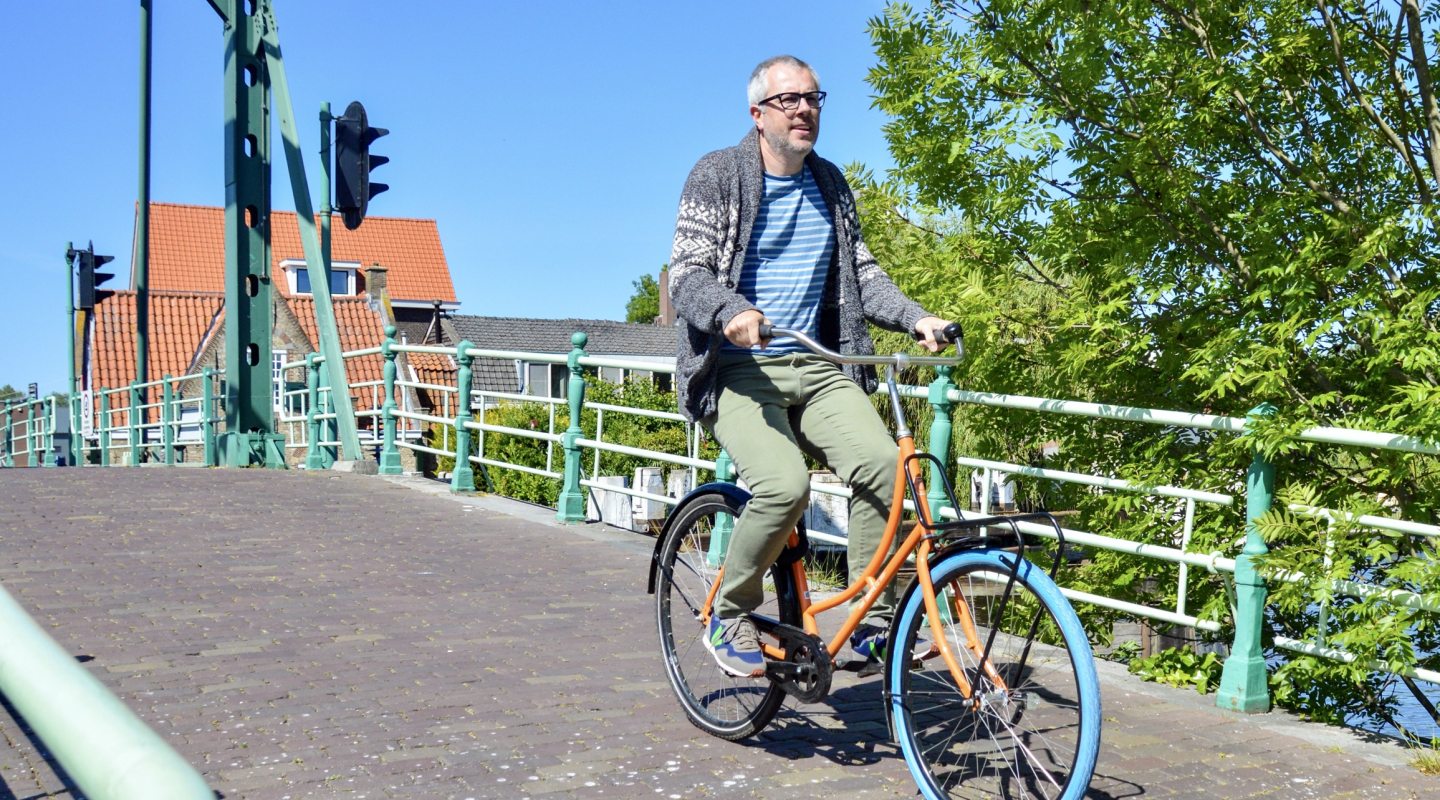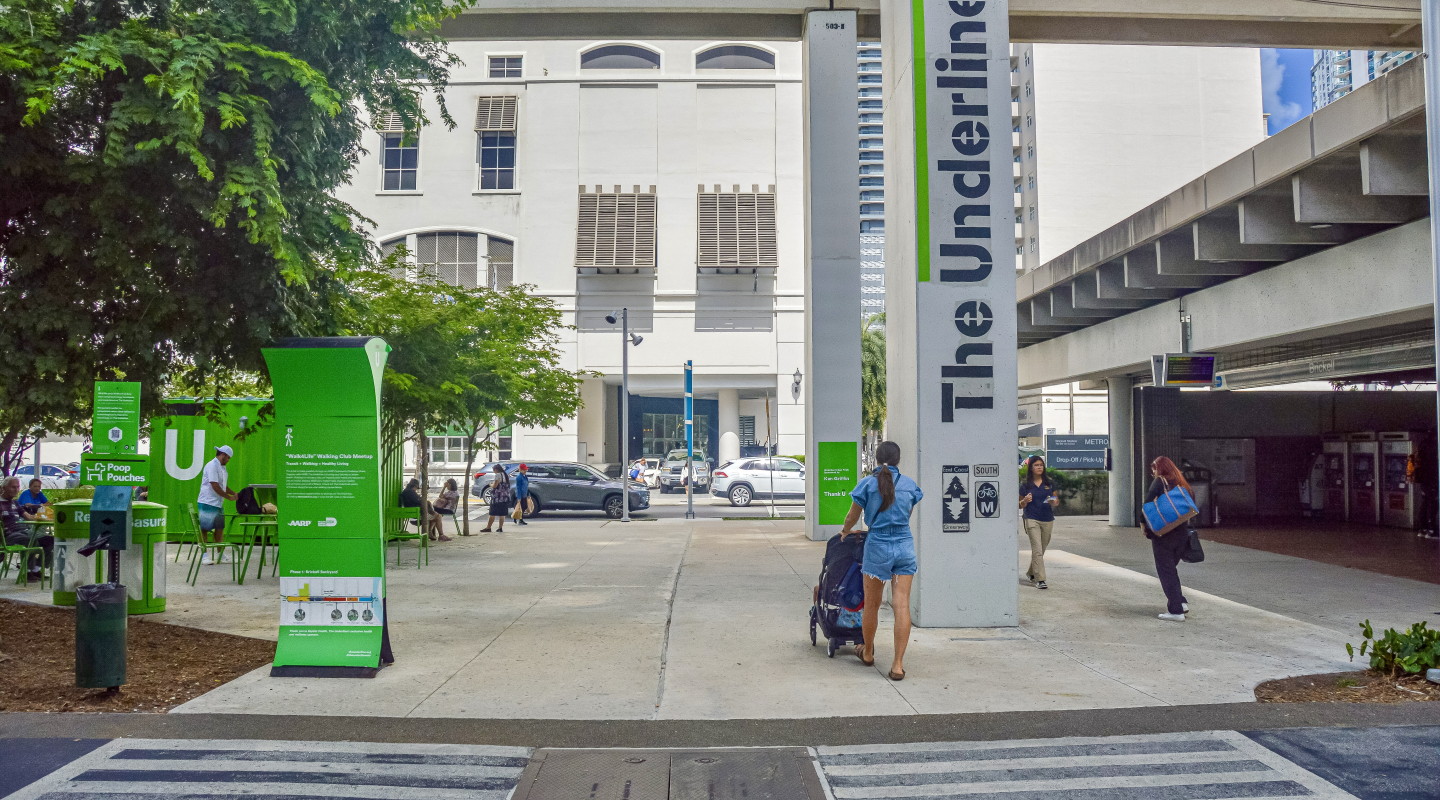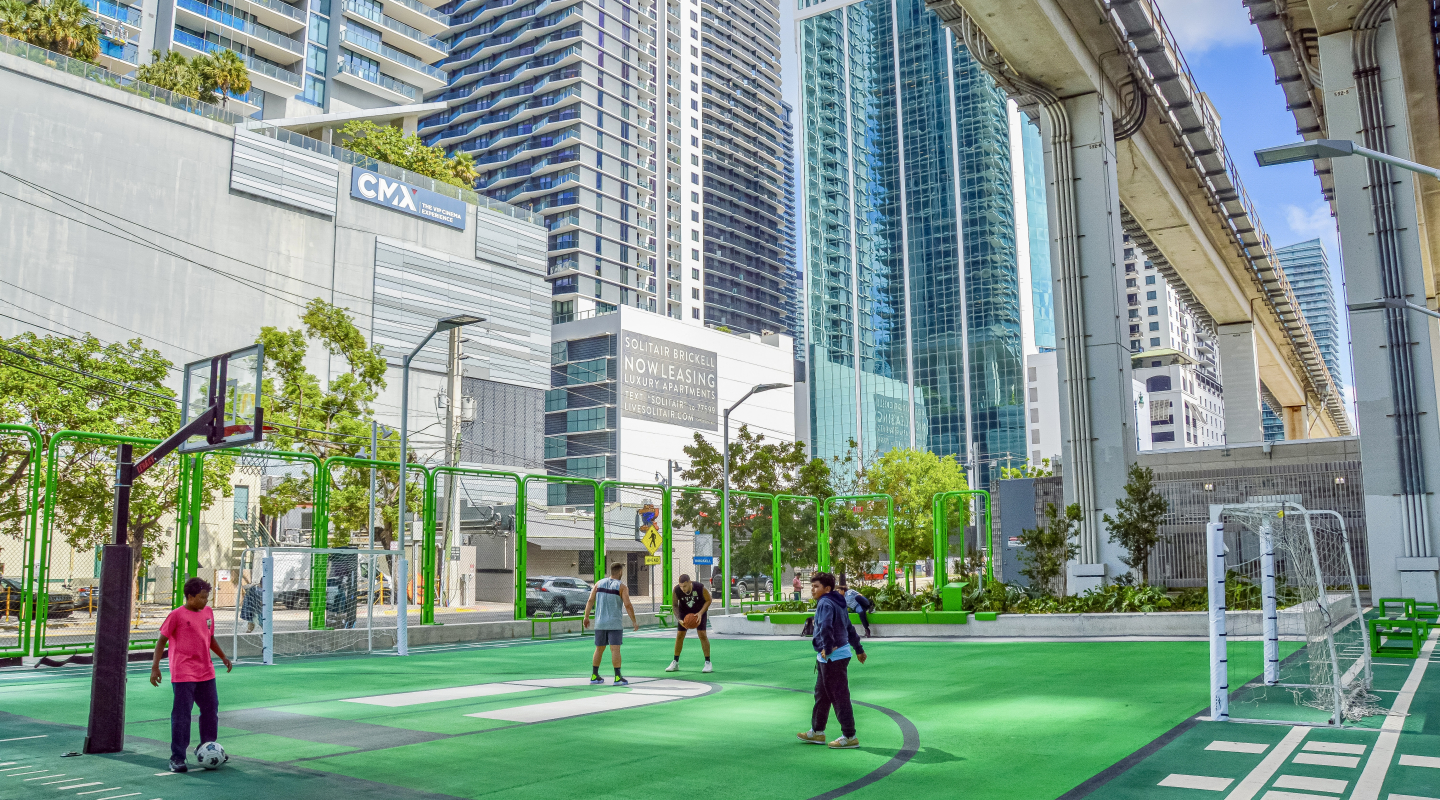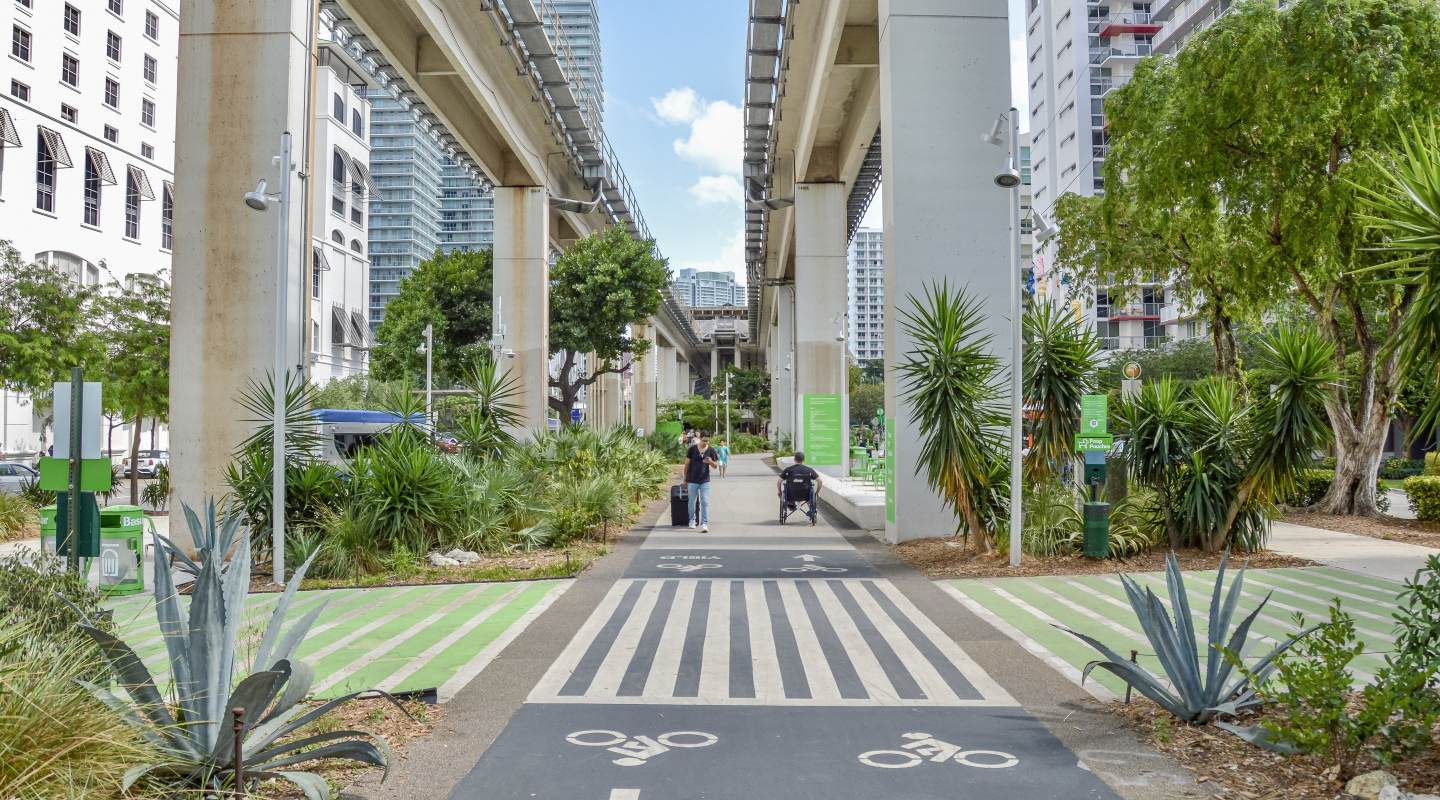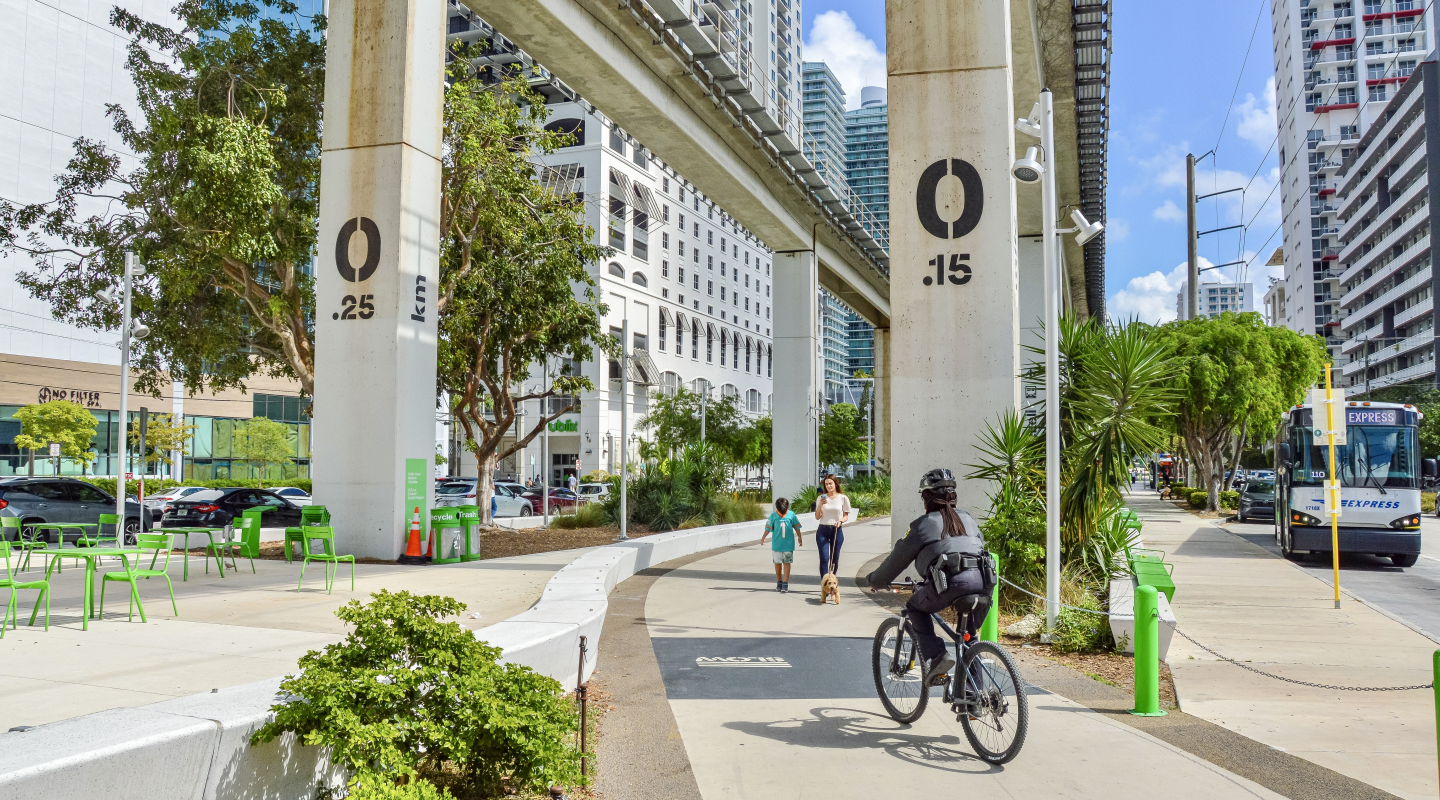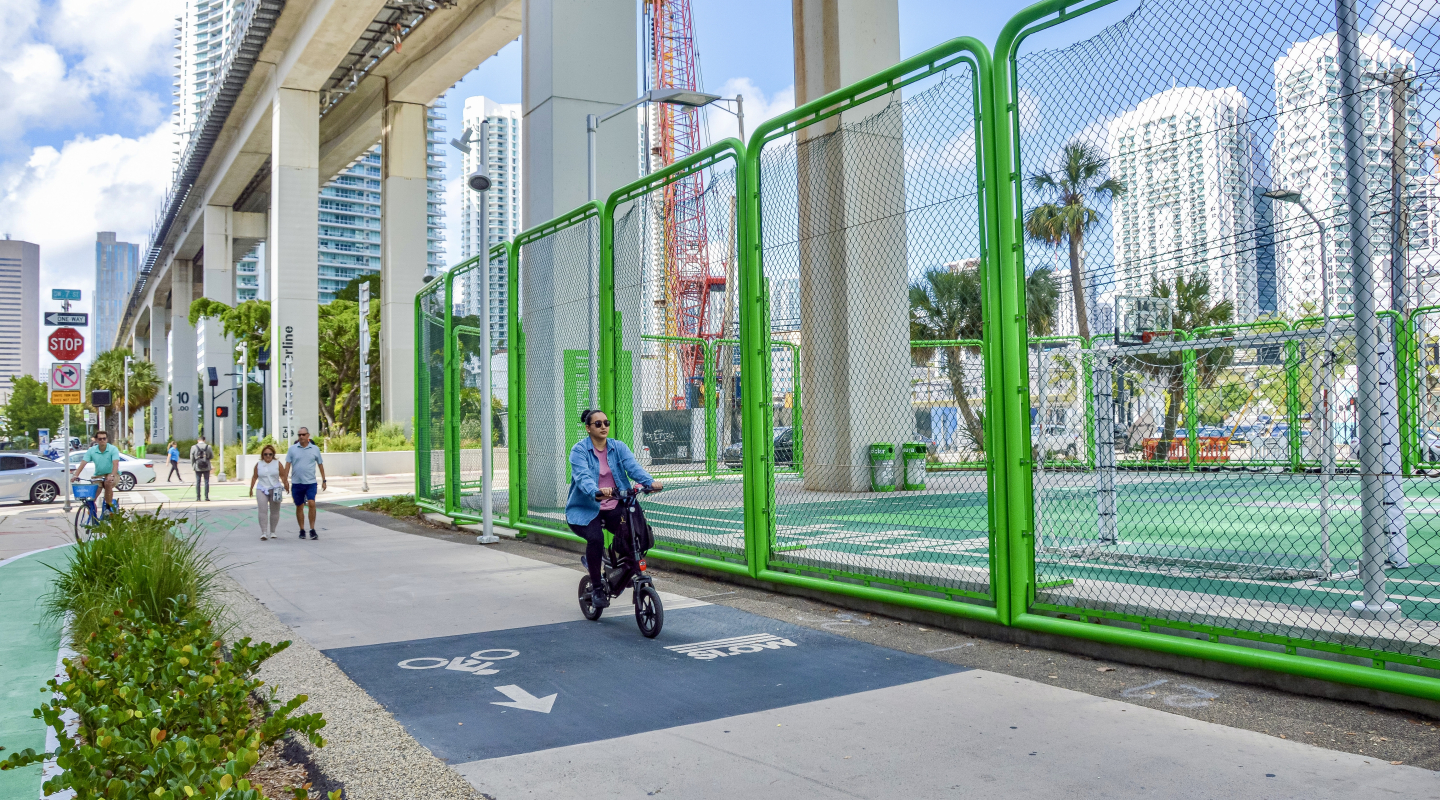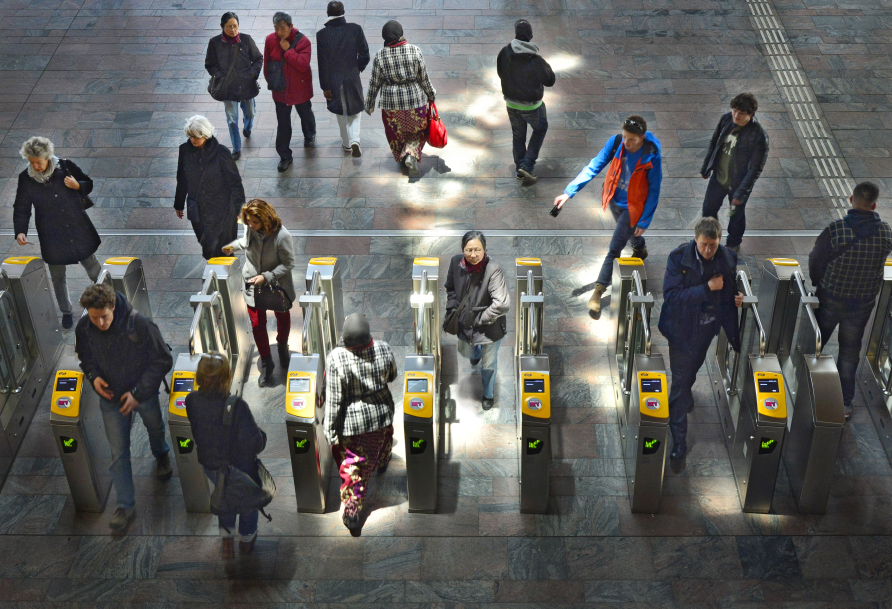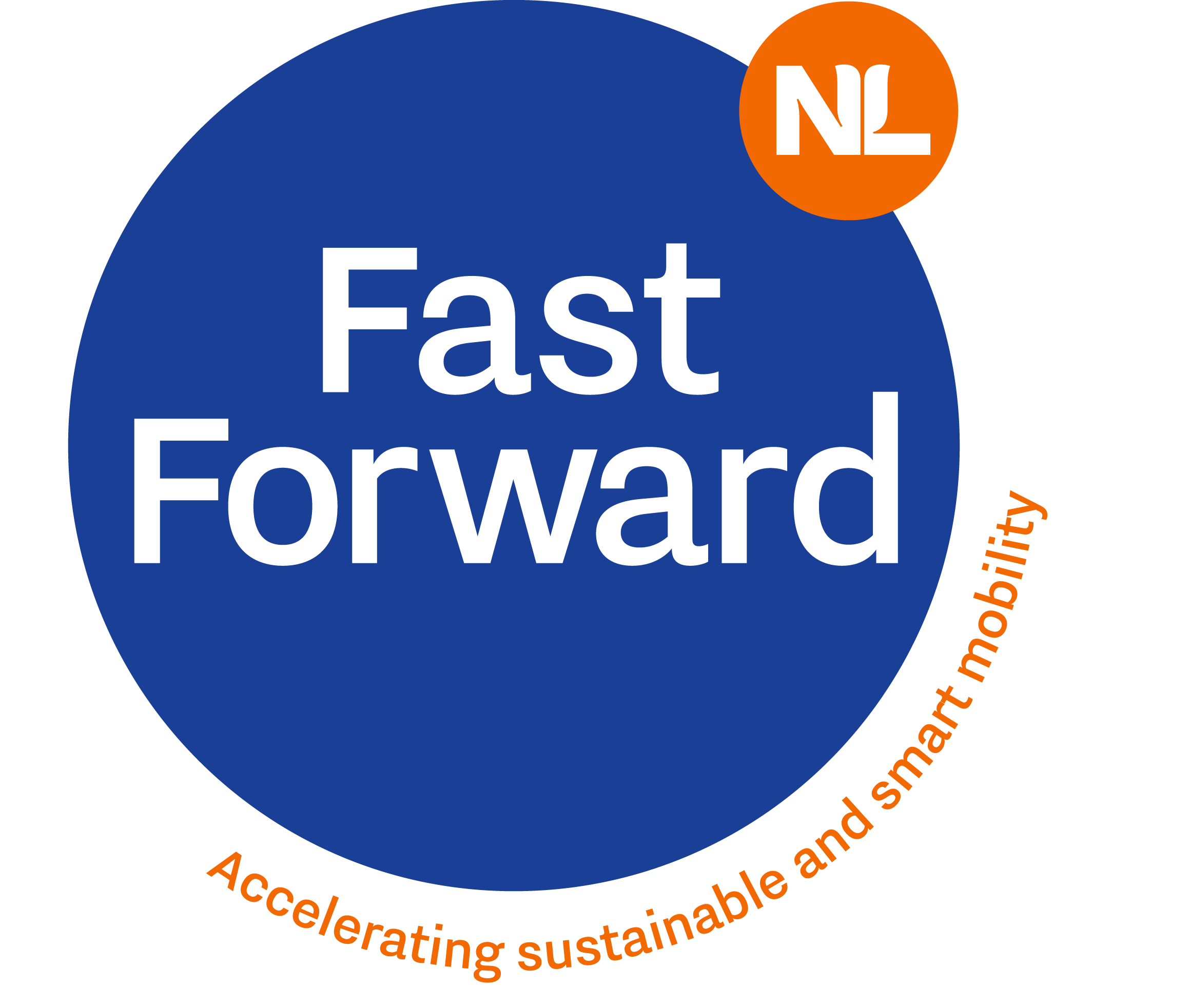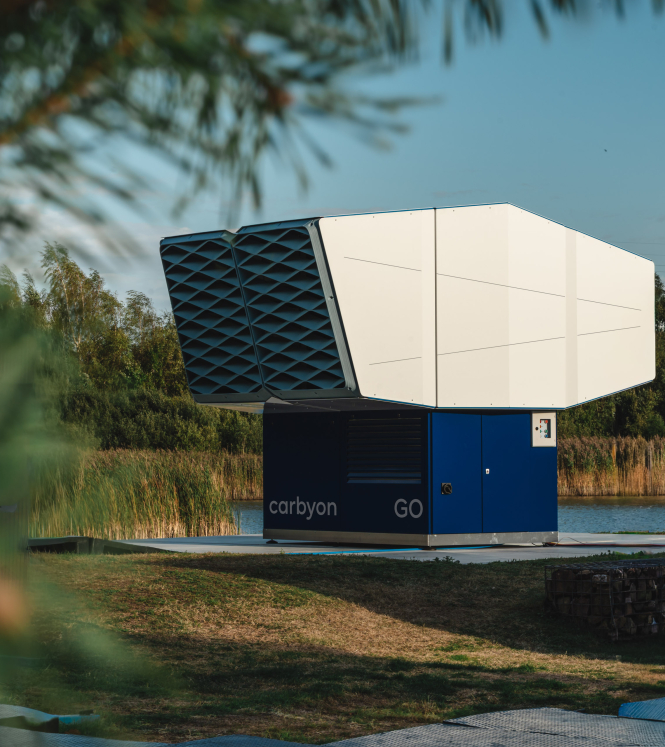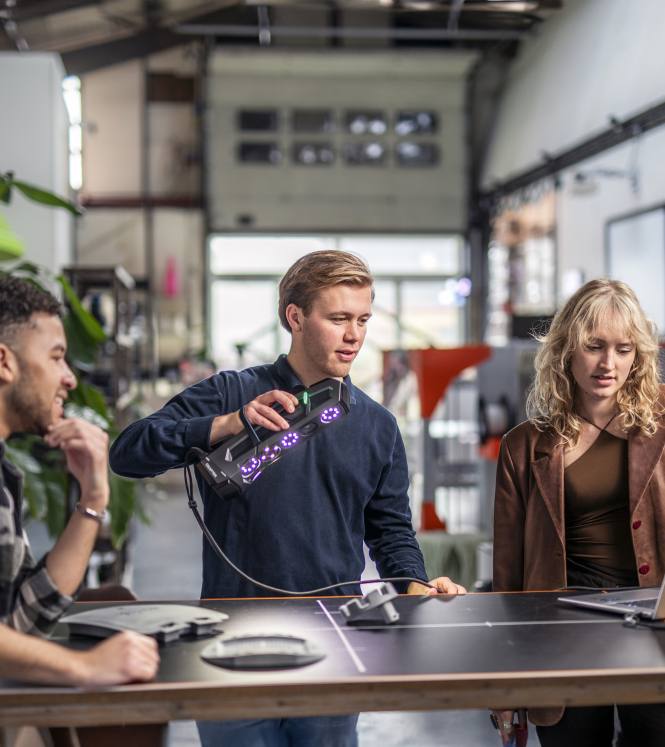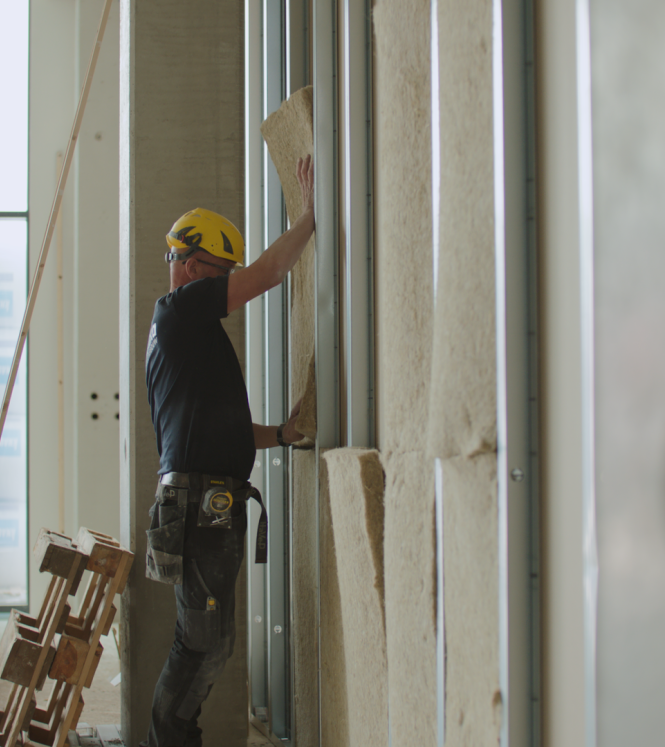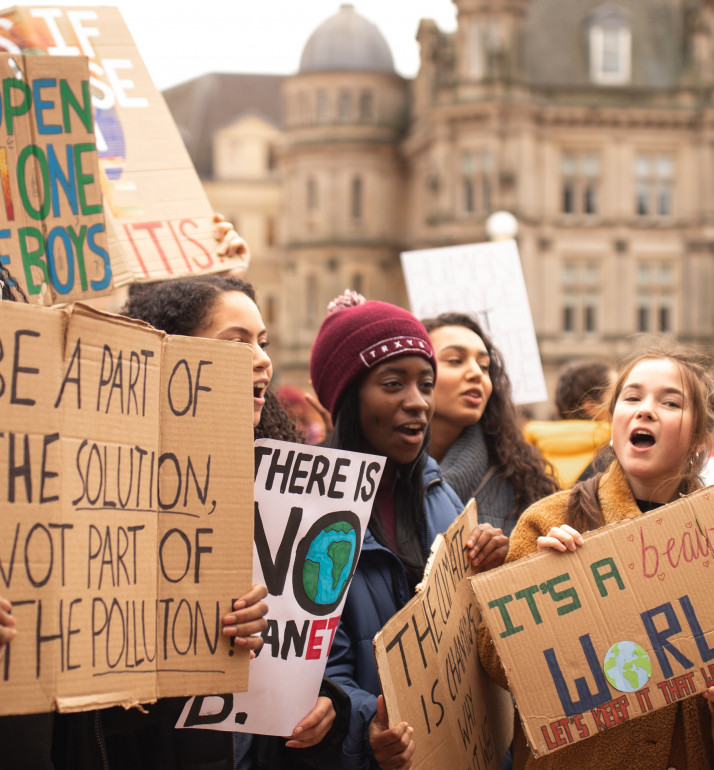
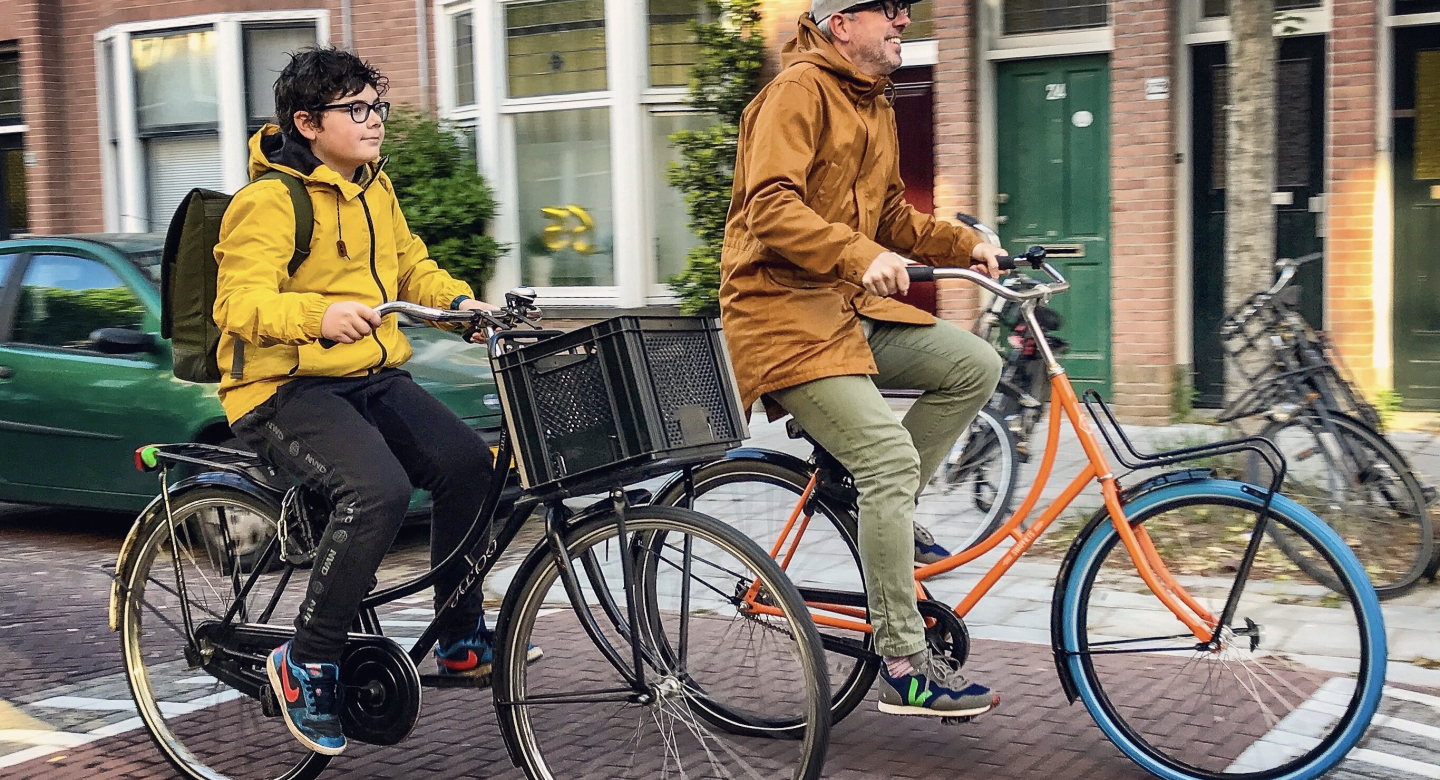
World Bicycle Day: A conversation with Chris Bruntlett from the Dutch Cycling Embassy
Happy World Bicycle Day!
The Dutch Cycling Embassy (DCE) has been at the forefront of promoting cycling-friendly cities worldwide for over 12.5 years. By sharing Dutch expertise through webinars, study visits, and ThinkBike workshops, the DCE empowers cities, professionals, and activists to transform their urban landscapes into havens for cyclists. Chris Bruntlett, the International Relations Manager, combines his personal experiences from diverse cycling environments with his passion for sustainable transport to guide global cities towards achieving vibrant, accessible, and safe cycling communities. Discover how the DCE's initiatives, including the impactful World Bicycle Day celebrations and successful ThinkBike workshops, are making a difference around the globe.
Let's meet Chris...
The Dutch Cycling Embassy (DCE) has been working for the past 12.5 years on transferring Dutch expertise to cities, professionals, or activists abroad who are interested in learning more about how their cities can become more cycling-friendly. Our goal is that ultimately everyone can use this active mode of mobility as their way to move around their cities.
To do so, we organise webinars, study visits, ThinkBike workshops, for all those interested in learning about it, and with a network of experts who wish to share this knowledge.
I first came to the Netherlands in the summer of 2016 and quickly fell in love with its seemingly effortless bicycle culture, and unique approach to transport planning. As International Relations Manager at the DCE, I lift upon my own experiences of living in both a city where cycle infrastructure is lacking and one where it thrives. I use my knowledge and passion to share practical lessons for global cities wishing to follow in their tracks and become better places to live, work, play, and—of course—cycle.
World Bicycle Day is a reminder to the world of the inclusive and egalitarian nature of cycling; and how it contributes to healthier, happier, more vibrant, and accessible cities. It’s an exciting day where every year we see more and more cities around the world recognising the importance. We must see the potential of cycling but also act to make our cities and regions better and safer.
Each year, the Dutch Cycling Embassy celebrates World Bicycle Day with a social media campaign, asking our followers to share what #FietsGeluk (“cycling happiness”) means to them. It always elicits a flood of inspiring photos and stories from around the world, which we then share via our channels. For myself, World Bicycle Day is an opportunity to pause and remind me that I’m not just lucky enough to live in a place that brings me fietsgeluk every day; but my role with the Dutch Cycling Embassy allows me to help spread it around the world—working directly with decision-makers, sharing my knowledge and passion, and helping them achieve the same level of cycling happiness.
Our ThinkBike Workshops address all areas that can help communities become more cycle-friendly. A team of two or three Dutch experts visits a city, where they get together with local decision-makers and planners for two or three days. The workshops are intensive, interactive, and hands-on, allowing for a greater impact. Before the workshop, we have numerous preparatory meetings with the city’s organisers to grasp their context, challenges, and needs. Based on this understanding, we carefully match them with suitable experts.
As part of our 12.5-year anniversary (Copper Anniversary), we are documenting and celebrating the global impact our organisation and network have had over the years by highlighting projects.
One notable project is our ThinkBike workshop held in 2015. Miami-Dade County hosted a workshop dedicated to the transformation of the Underline, Miami’s longest linear park, stretching 10 miles from Brickell to Dadeland underneath the Metrorail.
At the time of the workshop, there was a small path, and the focus was on transforming it into a safe, comfortable, and direct cycling route. Now, eight years later, the Underline features a safe cycling route that is widely used. Miami’s Underline is more than an urban trail; it is a beautiful and accessible “third place” in the heart of the city, designed to encourage conviviality, community, and connection among its residents.
Before the ThinkBike workshop, a group of local cyclists and the Dutch experts made an orientation cycle trip from Miami downtown up to South Miami Station so the Dutch experts could get a feel of the study areas. It takes a joint approach and relation to have an impactful workshop, and that’s where the open collaboration between locals and Dutch experts is integral.
To get a better understanding of similarities and differences, it helped to compare Miami to the Dutch metropolitan region of Rotterdam-The Hague (MRDH). Both have 2.5 million inhabitants and consist of about 30 municipalities. However, the land use and the density differ a lot. These specifications were all taken into consideration for the ThinkBike workshop.
Making bicycle infrastructure a success and getting cycling to take off requires three ingredients: hardware, orgware, and software. Building hardware (infrastructure) is only one part of a comprehensive, sustainable strategy: Cycling also needs to be encouraged through software (e.g. campaigning and traffic education). Meanwhile, orgware (capacity building of institutions) is needed to strengthen the strategy on a broader, sustainable basis.
Every day we receive inquiries from around the world, and it’s at the heart of why we exist to share and exchange knowledge with interested parties abroad. If you’d like to learn more about a ThinkBike workshop for your city or simply have additional questions, we invite you to explore our website as it is full of resources and to reach out to us at info@dutchcycling.nl.
If you haven’t yet had the pleasure, I would highly recommend streaming the film Together We Cycle. It is a feature-length documentary, supported by the Dutch Cycling Embassy and our network, that investigates the critical events that led to the revival of the Dutch cycling culture in the 1970s. It includes beautifully shot footage of cycling in the Netherlands, engaging interviews with historians and experts, and stunning archival footage of the car-dominated streets of Amsterdam, Rotterdam, and The Hague after the Second World War.
